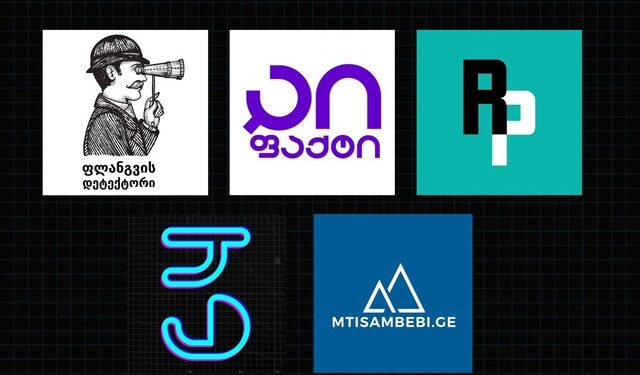Georgia’s Anti-Corruption Bureau has expanded its scrutiny from civil society organizations to independent online media outlets, raising concerns over press freedom and the future of grant-dependent journalism. The bureau, citing the law on grants—which since April prohibits receiving foreign funding without government approval—has requested extensive information from at least four media entities in the past week. Among them are Project 64, Mtis Ambebi, the Organized Crime Research Media Center (iFact), and the Governance Monitoring Center (GMC).
The organizations were asked to provide comprehensive data on all grant agreements signed or active since 16 April 2025, including contracts with international charities, governments, and financial institutions. The bureau demanded work plans, budget drafts, disbursement schedules, and reports on contract implementation, setting a three-business-day deadline. None of the letters specified which sections of the law formed the legal basis for the inquiries.
Project 64, a Tbilisi-based outlet focused on explanatory journalism, told the bureau it would only respond after a court order. Co-founder and editor-in-chief Giorgi Gogua said the outlet has not received new grants or altered existing ones since April, warning that the authorities could impose fines or other penalties.
Mtis Ambebi, known for investigative reporting on state inefficiency and corruption, described the bureau’s demands as “arbitrary and disproportionate,” noting that compiling the requested materials within three days was impossible. iFact and GMC echoed similar concerns, emphasizing that they had not received any foreign funding due to the restrictive laws and were now focused on maintaining basic operations.
The amendments to the law on grants have placed independent media in a precarious position. GMC, which previously relied almost entirely on international support, described its operations as being in “survival mode,” exploring alternative funding models while avoiding the FARA agent designation. Project 64’s staff have gone without full salaries for months, while iFact continues largely on a volunteer basis. Gogua described the situation as a dual pressure: facing legal risks from the state while struggling to meet financial obligations.
Despite these challenges, outlets remain committed to their work. Mtis Ambebi and others continue publishing investigative reporting, and mid-August saw 21 online media outlets temporarily go offline to raise awareness about press freedom under a campaign titled “The Lights Must Stay On,” which called for public donations to support independent media.
Before turning to the media, the bureau focused on civil society organizations, sending inquiries to over 30 NGOs working on legal services, advocacy, human rights, and rehabilitation for torture survivors. Some cases have already reached the courts, which have granted enforcement of the bureau’s information requests. These measures intensified following Georgia’s ruling party decision to halt EU membership negotiations in November 2024, prompting daily anti-government protests.
While authorities insist that the laws are necessary to curb foreign influence, critics argue that the state is systematically undermining civil society and the media, threatening the fragile democratic environment in Georgia.
Image: OC Media














